Weekly Tech Recap - № 235 - Historic code, Analogue Pocket, Pixelbook Go, Pixel 4, death of Yahoo Groups
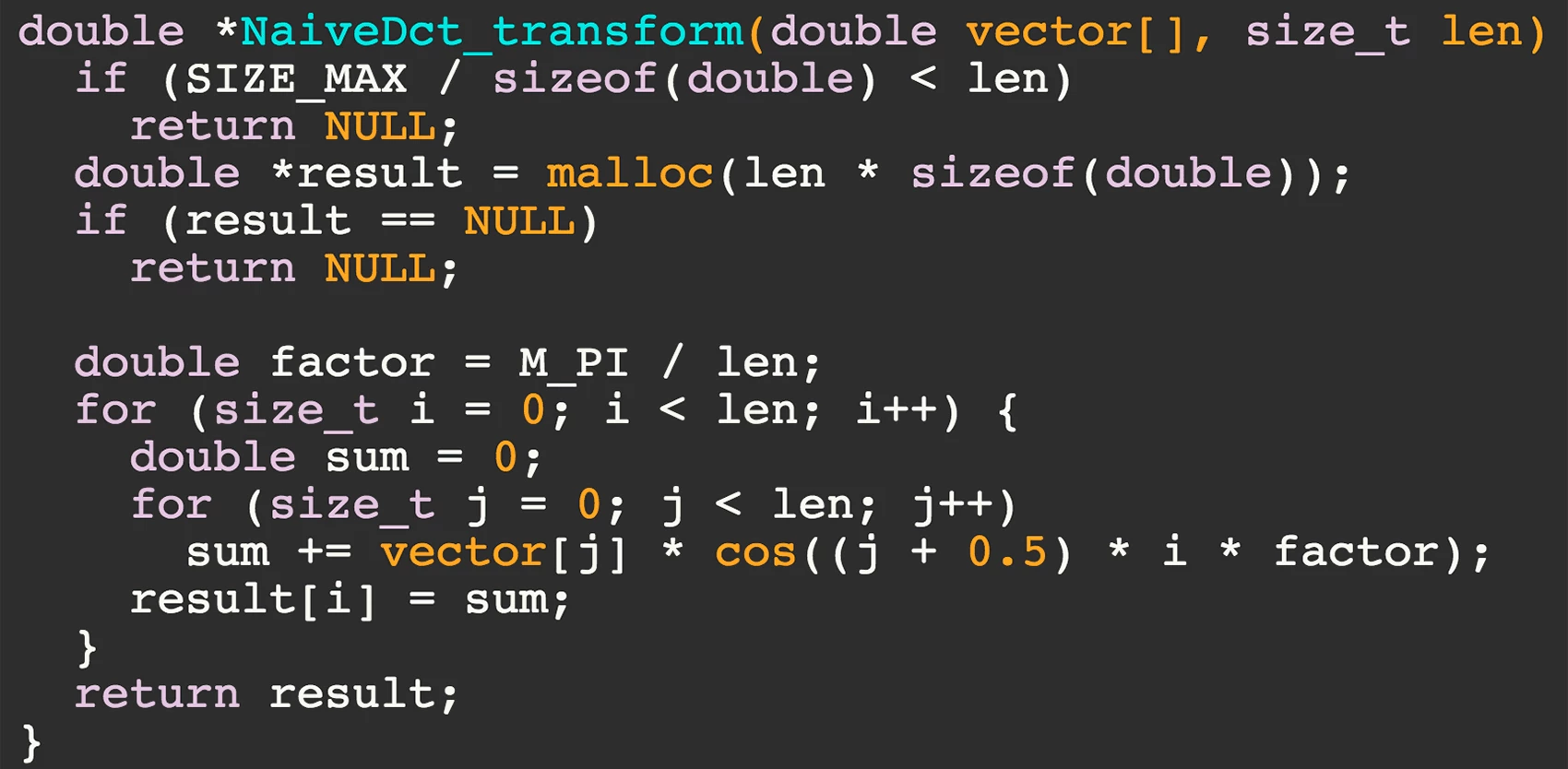
Historic Code
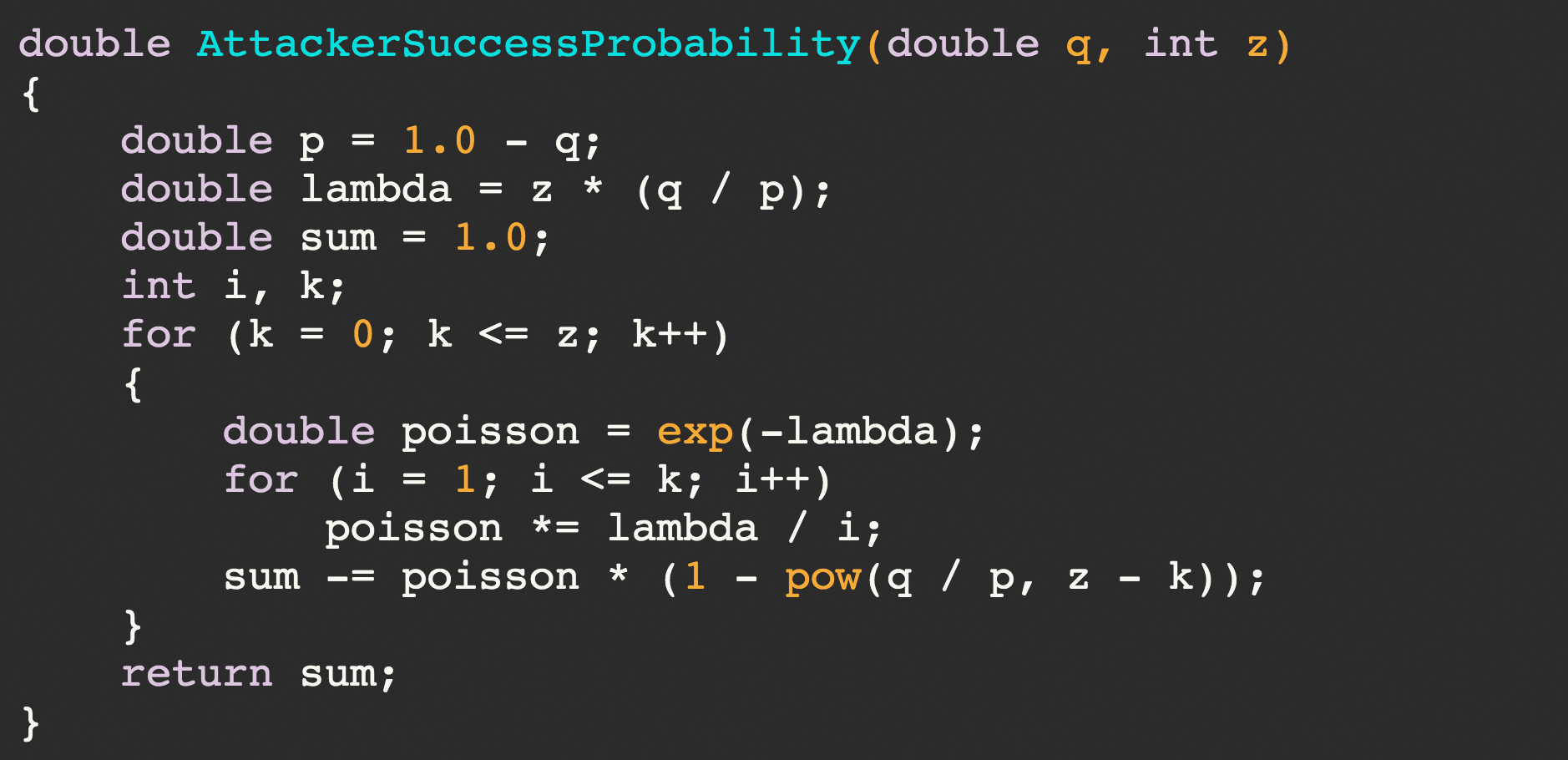
Bitcoin code piece. © Satoshi Nakamoto.
Slate polled a group of developers, journalists, scientists and historians on which pieces of code changed history. Among the 36 pieces of code listed by Slate are the greats: the code responsible for the alarm “1202” launched by the lunar module guidance system during the Apollo 11 mission, the HTML hyperlink, PageRank, Bitcoin, Roomba’s guidance system, and even the history’s first “Hello, World!”. But the list also includes the bad, like the deadly bug affecting Boeing’s 737 Max. Indeed, it’s not a list of the smartest, sleekest or most revolutionary code, but rather of history-changing code.
⇨ Slate, “The lines of code that changed everything.”
Analogue Pocket
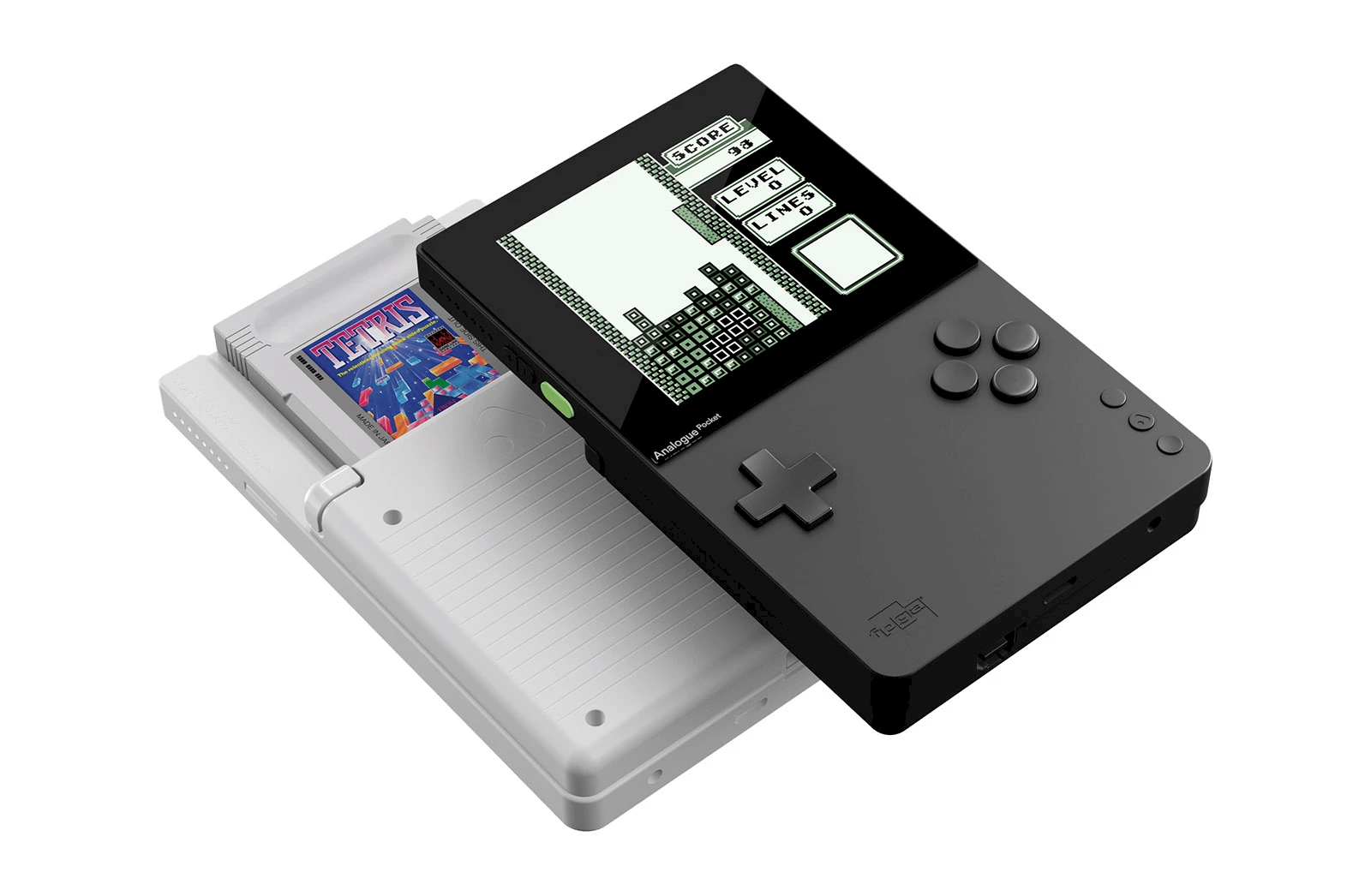
Analogue Pocket. © Analogue.
Analogue, already known for its sleek video game consoles compatible with Sega Master System and Super Nintendo, has announced a new, portable product: the Analogue Pocket, basically a luxury clone of the Game Boy. The Pocket is compatible with the Game Boy, Game Boy Color and Game Boy Advance cartridges. Optional adaptors will allow you to also connect the Sega Game Gear, Neo Geo, Neo Geo Pocket Color and Atari Lynx cartridges, but only the original ones, meaning it won’t support ROM files. The Pocket was designed around a 3.5-inch, 615ppi, LCD display. With a 1600 x 1440 resolution, it has 10 times the resolution of the original Game Boy. The emulation of the original processor is engineered in FPGA (field-programmable gate array). With the optional dock, you can play your games on your HDTV via HDMI and connect controllers via wired USB or wireless Bluetooth. On top of all that, Pocket comes with Nanoloop, a music-making suite of tools, including a synthesizer and a sequencer. Pocket will launch in 2020 at USD200.
⇨ Circuit Breaker, Andrew Webster, “Analogue Pocket is a gorgeous, modern handheld for playing your old Game Boy games.”
Pixelbook Go
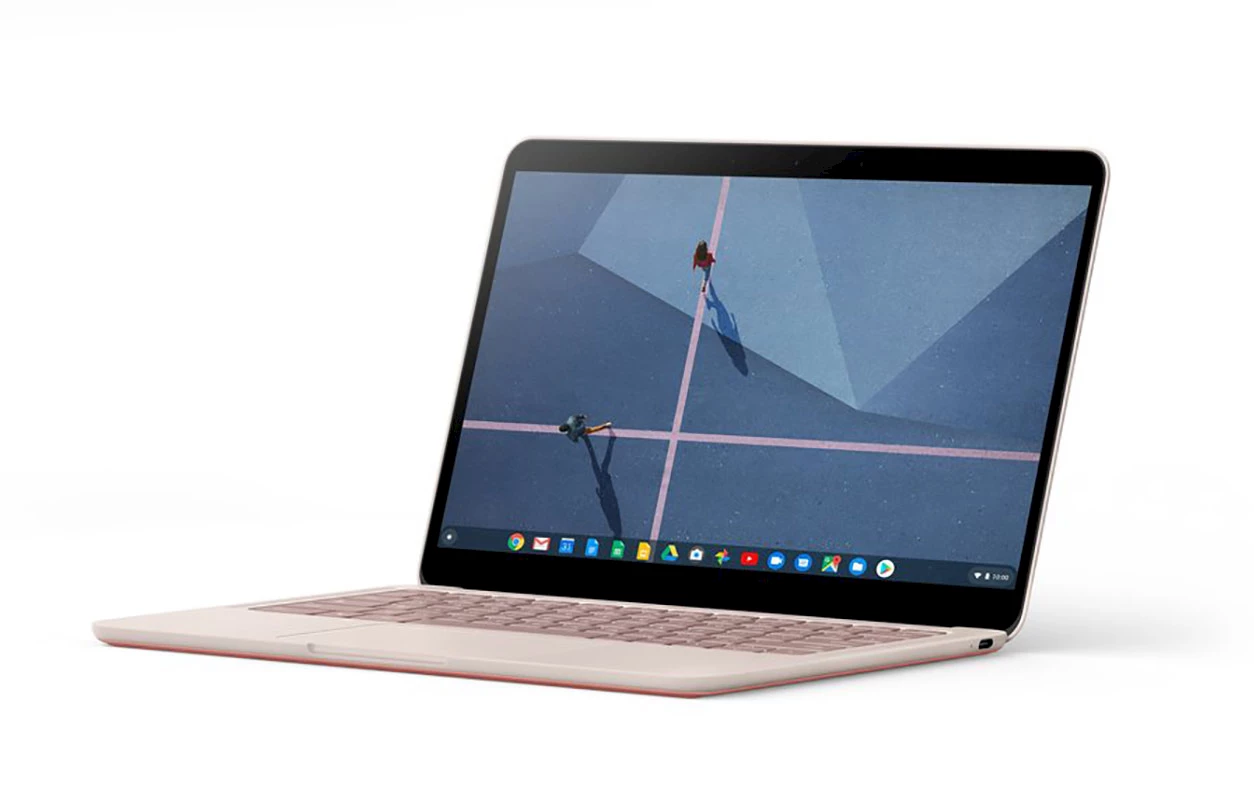
Pixelbook Go. © Google.
Google announced a new Chrome OS laptop, the Pixelbook Go. When open, the device looks a lot like a MacBook, with its large trackpad and a strip of speaker grills flanking either side of the keyboard. The big design difference is on the outside of the device, with a grippy, ribbed pad on the bottom that provides stability and protection. Another big difference from the MacBook is that the Pixelbook Go has a touchscreen (13.3-inch, HD 166ppi, or 4K 331ppi). And of course, the cynics will point out that yet another appreciable difference between the two devices is that the Pixelbook Go’s keyboard isn’t deathly allergic to dust. Weighing just about two pounds, it comes with a 12-hour battery. But, like the MacBook, connectivity is limited: just two USB-C ports and one audio port. Prices start at CAD880 for a 1080p display, Intel Core m3 processor, 8GB of RAM and 64GB of storage. But it can also be configured to support a Core i5 or i7 processor with up to 16GB of RAM and 256GB of storage, and a 4K display for the priciest model (CAD1,850). The Pixelbook Go comes in two colours, “Just Black” and “Not Pink”, which looks pretty pink to us. It’s available for preorder on Google Store, for delivery within the next few weeks.
⇨ Ars Technica, Ron Amadeo, “Google announces the Pixelbook Go, a premium, MacBook-style Chrome OS laptop.”
Google Pixel 4
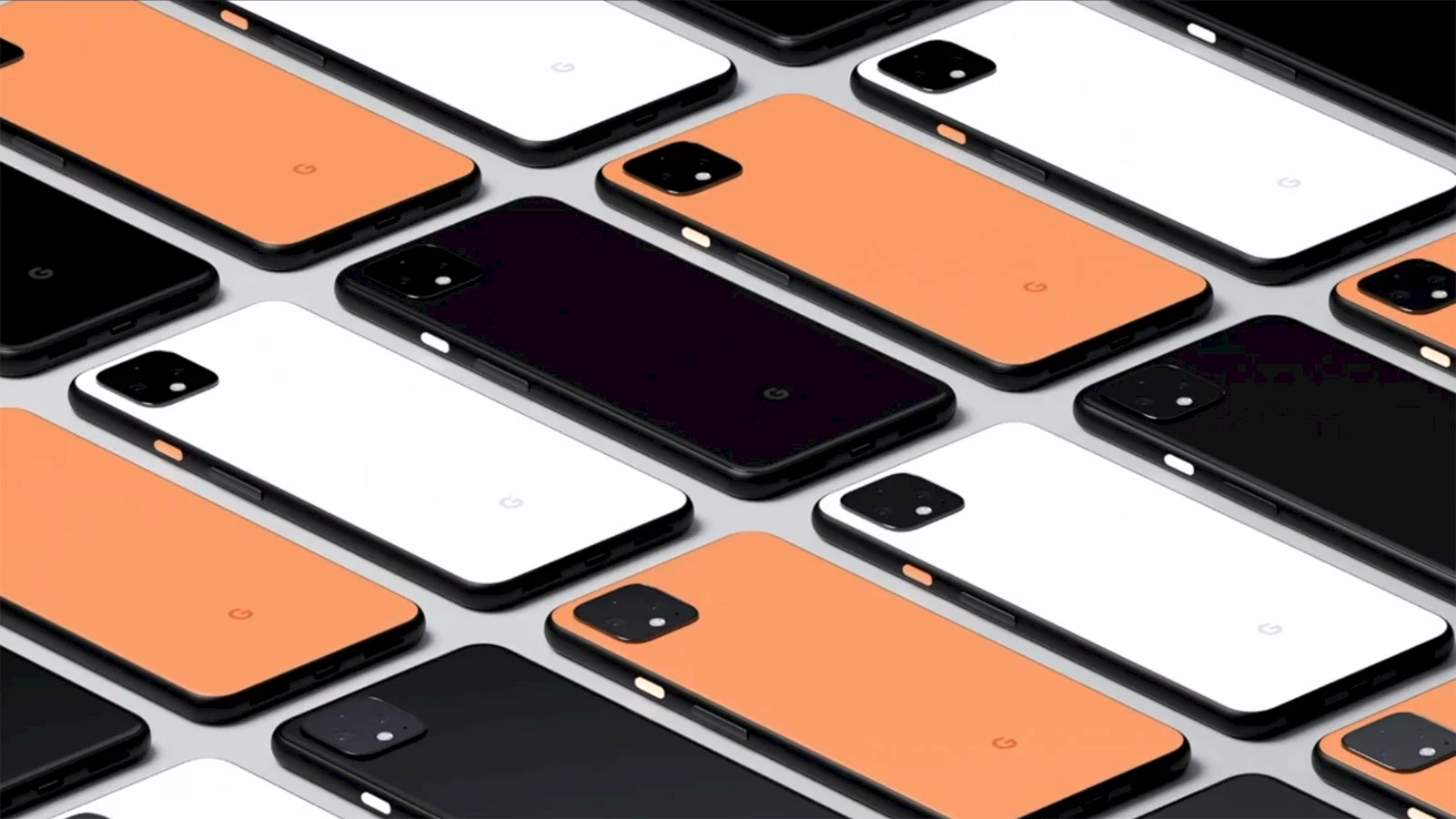
Pixel 4. © Google.
Google launched the fourth generation of its Pixel phones. The latest Pixel is free of surprises, since it has no new, revolutionary features, and the specs were leaked long ago. While the Pixel 4 is a souped-up version of the 3, the price remains unchanged: the basic model starts at CAD1,000, with the 4 XL at CAD1,130, while the price of the Pixel 3 has dropped. So, for the specs: Snapdragon 855 (up from 845), 6GB of RAM (compared to 4), 90Hz refresh rate (rather than 60), a second rear camera (16MP telephoto) and a face-recognition unlocking system similar to the iPhone’s (instead of the fingerprint reader). So, no real reason to upgrade if you’re quite happy with your Pixel 3. The only new feature that might tempt us is the Pixel Neural Core that allows real-time, off-line voice processing and transcription. Both models come in three colors: “Just Black”, “Clearly White” and “Oh So Orange”. (It seems that the latest marketing trend is to give complex names to simple colours.) Available for pre-order on Google Store, delivery as of October 24.
⇨ YouTube, “Pixel 4 and 4 XL hands-on: what the leaks didn’t tell you.”
⇨ Ars Technica, Ron Amadeo, “Google Pixel 4: 90Hz screen, next-gen Google Assistant, shipping Oct 24.”
The foretold death of Yahoo Groups
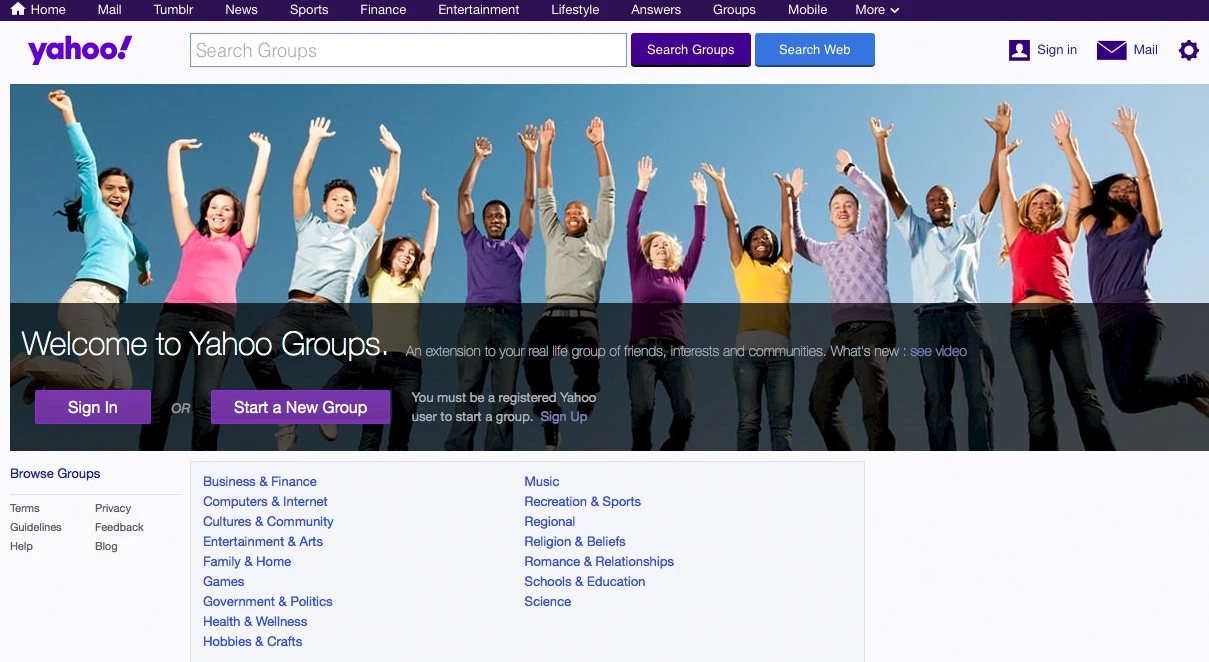
Yahoo Groups. © Verizon Media.
Yahoo Groups, which belongs to Verizon since 2017, will be shutting down after 18 years, and all of its contents will be deleted by mid-December. “Yahoo has made the decision to no longer allow users to upload content to the Yahoo Groups site,” the company said in a notice to users. “Beginning October 28, you won’t be able to upload any more content to the site, and as of December 14 all previously posted content on the site will be permanently removed. You’ll have until that date to save anything you’ve uploaded.”
The service, which launched in 2001 and hit 10 million groups in 2010, is yet another casualty of the rise of social networks, and especially of Facebook and its excellent group feature. But it is also a victim of Yahoo’s own problems, especially the mega data breach revealed in 2016. Besides, Yahoo stopped developing the platform in 2014, which led to a user drain. As was the case with Geocities (killed off by Yahoo in 2009), another chapter of Web history and Web memory will be wiped off the map. However, Internet Archive has said they’d do everything in their power to preserve as much data as possible before the end.
⇨ The Verge, Jay Peters, “Yahoo will delete all Yahoo Groups content on December 14th.”
